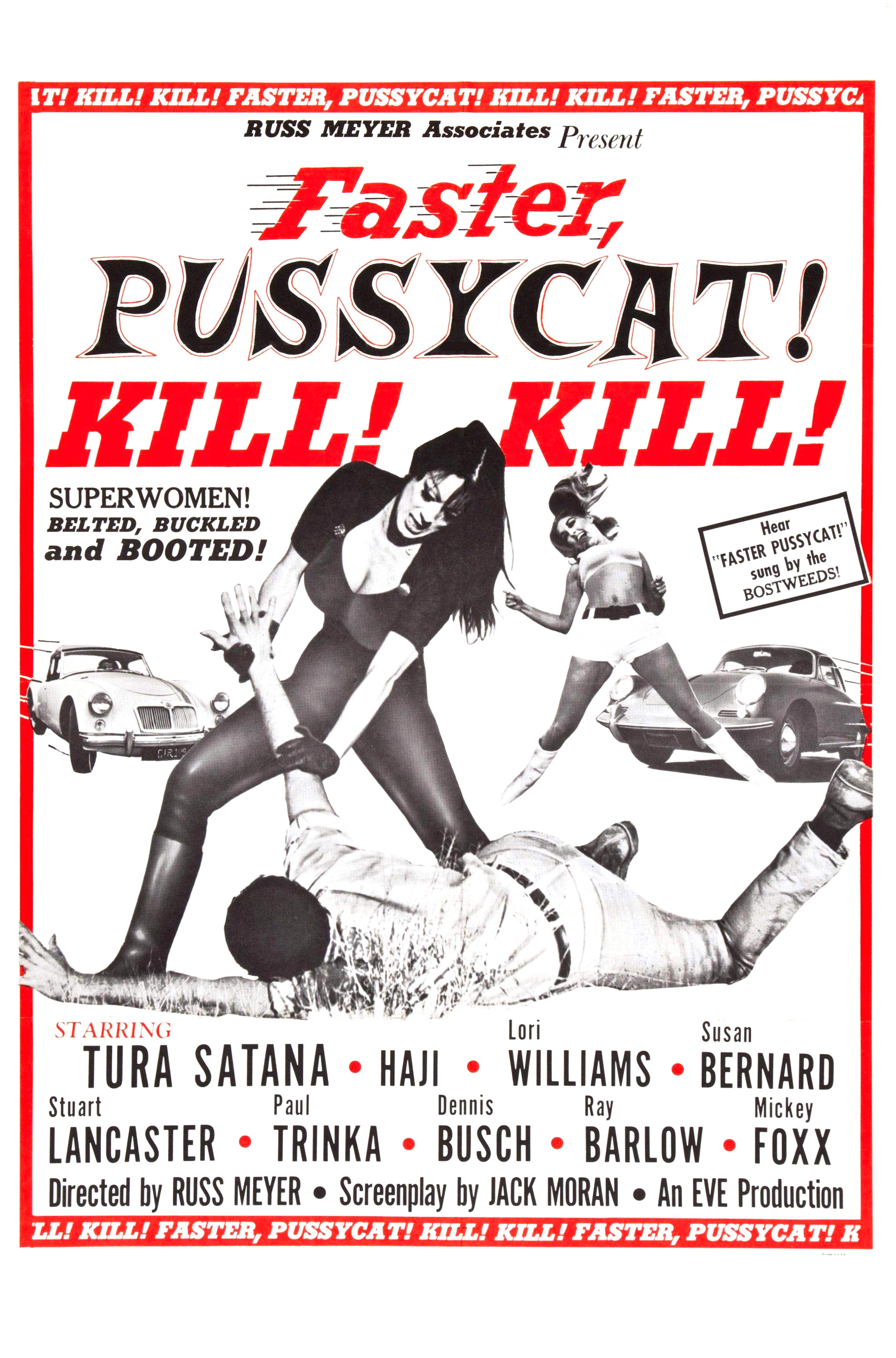Making it Last: A Couple Who See Race Clearly
The New York Times
2013-08-23
Erika Allen
Booming’s “Making It Last” column profiles baby boomer couples who have been together 25 years or more.
Christopher and Laura Castoro met when she asked him to tutor her in German. They didn’t realize they were of different race till their first date, and when they decided to marry, “We knew it was going to be us against the world,” she said.
Christopher and Laura Castoro celebrated their 45th wedding anniversary on June 8. In 2000, he retired as the director of transportation for a chemical and technology company. She is an author (also writing under her maiden name, Laura Parker) who writes, among other things, romance novels, including “Love on the Line,” “Rose of the Mists,” “A Rose in Splendor” and “The Secret Rose.” The couple lives in Fort Worth. They have three adult children and nine grandchildren. A condensed and edited version of our conversation follows.
You met in college?
Christopher: Yes, I went to Howard University to study chemistry. As a high-schooler in Brooklyn I’d taken a test that secured me a scholarship — a full ride to Howard. I was studying German during my junior year and this girl with very fair skin and curly blond hair shyly asked me to tutor her.
Laura: I was on scholarship, too. I had to make Bs in all of my classes. But six weeks into the year I was getting a C+ in German. Money and pride were at stake so I asked a boy from the front row to tutor me.
First impressions?
Laura: He was cute and professional, but he was older and I thought he had a girlfriend.
Christopher: Even though we were at Howard I assumed that Laura was a white girl. As it turned out, she’d assumed that I was African-American and we both had it wrong.
How did you sort things out?
Laura: The tutoring went on for a while before we decided to go out and the first place we went was a German restaurant. Halfway through the meal he mentioned being Italian and I said, “Oh, you have Italian in your family?” and he said that yes, his whole family was Italian.
Your reaction?
Laura: I was stunned. I am from the segregated South. At the time one in six people at Howard was not African-American, but I assumed he was black. I was out with a white person and I had not done this intentionally. And he was out with a black woman and didn’t know it. The schools in my town in Arkansas were just being integrated, but I graduated from an all-black high school. I just did not know white people. And even though I am very fair, everyone knew my family and they knew I was black. This was the first time I realized that it wasn’t obvious that I was black.
Christopher: I was surprised, but I had been at Howard for two years and she wasn’t the first black woman I dated…
Read the entire interview here.
